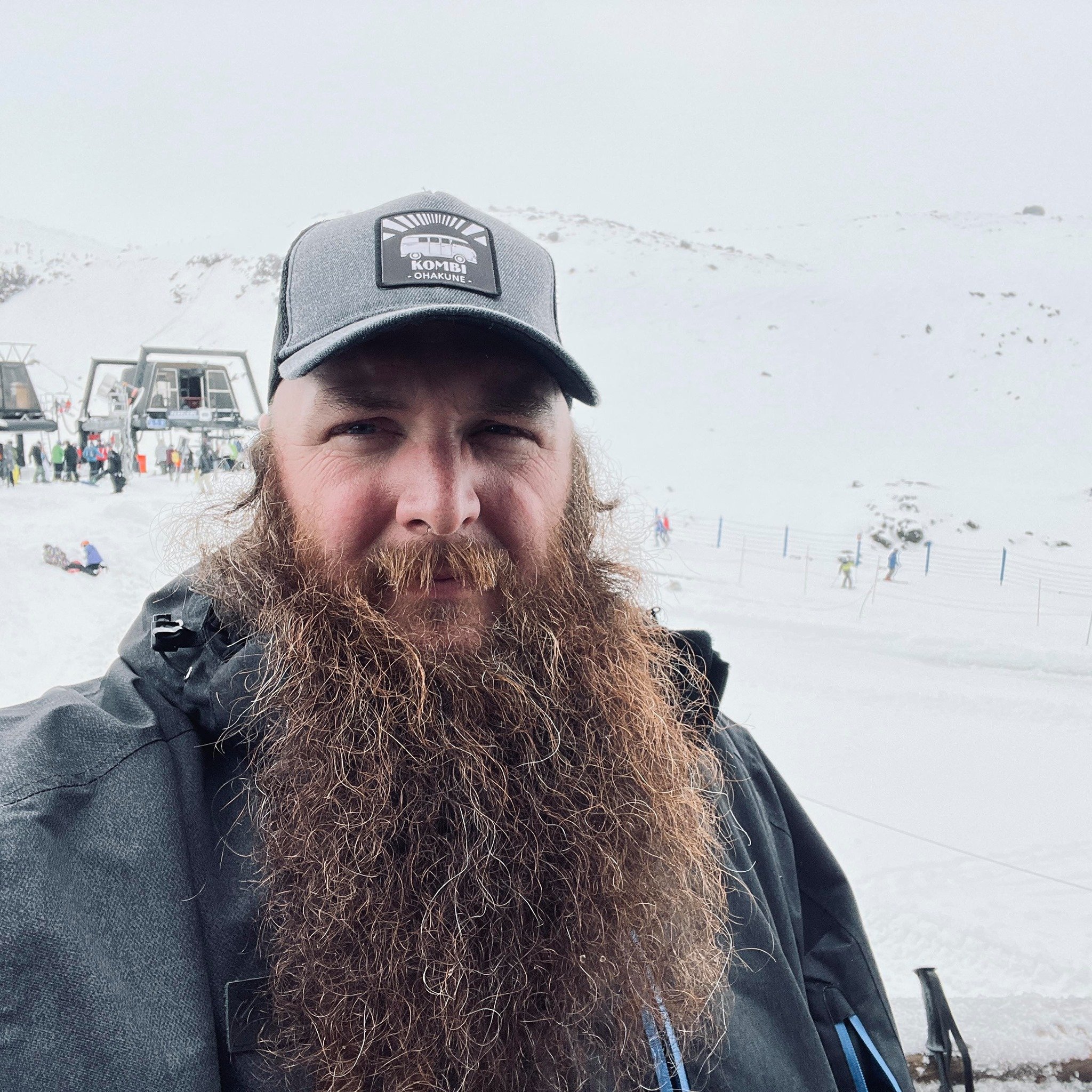Planting a church in a rural context
It wasn't intended, but it feels fitting sitting down to write this outside, in front of the fire, listening to the river, the insects.......and the stags roaring in the distance. Often, I forget that my wife Amilie and I are in the process of trying to replant an Anglican church in the rural context of Ohakune.
To begin with, I think it’s helpful to define what I mean when I talk about planting a church. We moved to Ohakune almost four years ago, but at the time of writing this we have held only four services - with our first service being Easter Saturday this year. Despite this, I would classify these first three and a half years as a success, because planting a church is about more than running services. This was highlighted for me by an interaction with a friend, when mid-conversation they stated, “Man, I never thought I would be having this conversation with my priest.” I was caught off-guard by this and responded, saying that I didn’t think they believed in any of this ‘God stuff’. Their response resonates with me to this day. “I don’t. You are still my priest though.” Planting a church is the same in any context because it’s about being the presence of God amongst your community, even if they don’t necessarily subscribe to the same beliefs as you.
Despite the broad nature of my definition, there are differences.
Time frames are different.
If you talk to anyone in a rural context who wasn’t born in that location, you will often hear the phrase, “Maybe one day, I’ll be here long enough to be considered a local.” Even if you were born in that area, how many generations back can you trace your right to call yourself a local? In a city or suburban context, it would be completely reasonable to think that after 10 years you could have a church plant absolutely humming and be ready to step aside or move on to plant another church. You can have that 10-year plan because those other contexts are generally transient. In a rural context, that kind of thinking just wouldn’t fly. Because of my upbringing in Tasman (just out of Nelson), I knew that was a part of our saying yes to coming up from Wellington. In our thinking, we were coming up for a minimum of fifteen years. More likely though, outside of a burning bush moment, this is where we will stay. To plant in a rural context, your community needs to know that you are invested there for the long term.
Team looks different.
Every church plant I’ve come across or been a part of was built around a team of people moving to a space together or starting a church together. In a rural context, this challenge looks different. Both my wife and I have been a part of building teams before, and we were successful at it. It turns out that trying to get people to move into a rural context is a different beast. For the past three and a half years we have had roughly six conversations a year with different people and have not had a single person come to join us. While we absolutely love where we live and think that people are missing out, I also understand the hurdles for people. Leaving a city that seems as though it is full of opportunities and connections for a place like ours (that has faced significant challenges over the last four years) is not an appealing idea for many people. People are reluctant to leave places for somewhere they know no one else, apart from us. It’s not like asking people to move from one suburb of a city to another. Or to move to another city, but with a team of six or seven others. We understand that fear, because that was us when we moved to Ohakune - we moved up here, knowing only our real estate agent. Additionally, this fear is compounded by the fact that rural tends to mean far. From everywhere.
I think part of the reason I feel alive in this season is because at the end of the day, this feels like Punk or Hardcore to me. The Punk and Hardcore scene at its birth was DIY - you make do with the little you have, and you get creative with how you overcome obstacles. It makes you look at what it means to plant a church and run a service and really critique what you absolutely need to be doing and what might be superfluous. It forces you to critically look at things, particularly around the service you run, and plan things out in a way that works for your team (in this case my family) so that you are present in your community to do the things that really matter: Being the presence of God in the community the Spirit called you into.
Rev. Luke Paynter
Rev. Luke Paynter is a husband to Rev. Amilie Paynter. He and his family live at the base of Mt Ruapehu where he spends his time frying chicken, studying theology and prayerfully listening to God around what planting a new faith community in Ohakune looks like.
